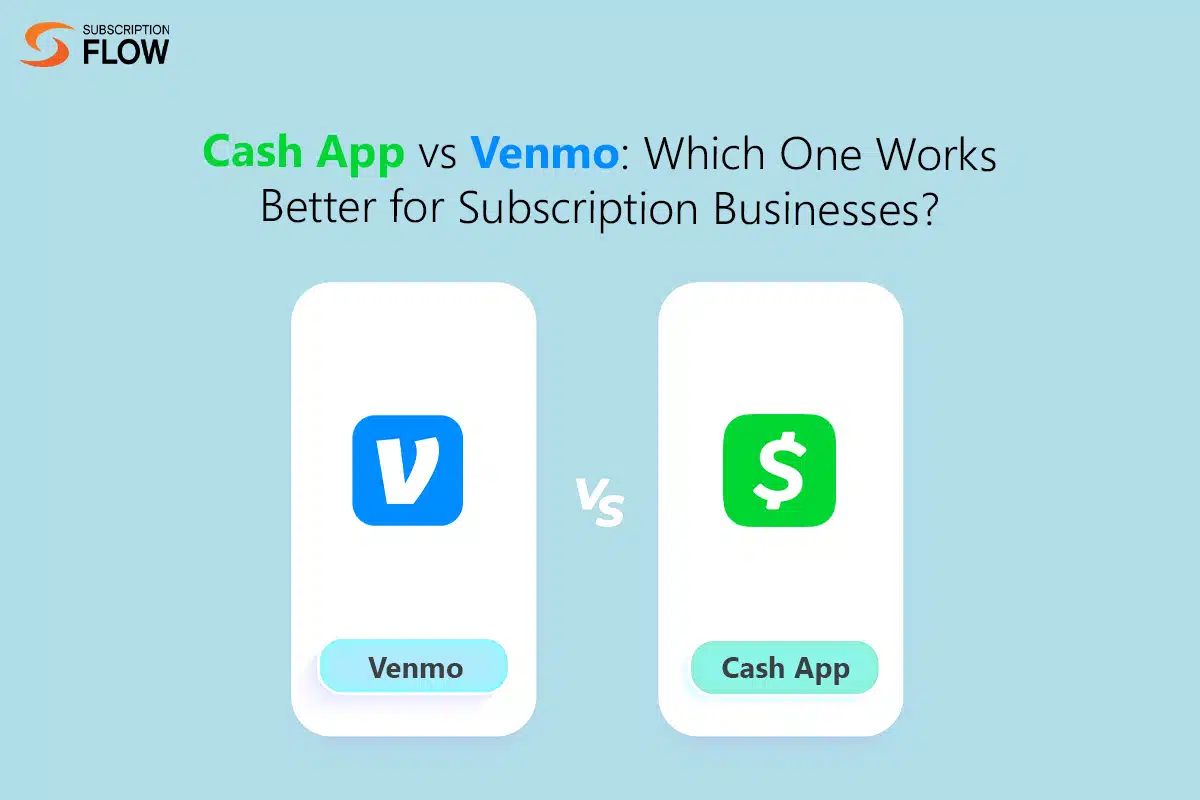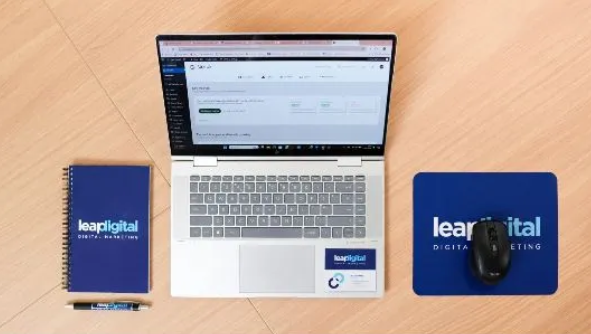In an era where digital wallets are replacing physical ones, two names continue to dominate the peer-to-peer (P2P) payments space—Cash App and Venmo. Both platforms have transformed how people send and receive money, split bills, tip service workers, and even manage crypto transactions. As of 2025, with user expectations at an all-time high, the competition between Cash App and Venmo is tighter than ever.
So, which platform is best for you or your business? Let’s dive into a detailed comparison of Cash App vs. Venmo, examining their features, security, fees, usability, and more.
1. User Interface and Experience
Cash App:
Square’s Cash App is known for its minimalist design and highly intuitive interface. It takes just seconds to sign up, link your bank, and send money. The app layout is clean, with tabs for banking, investing, and crypto—making it ideal for users who want more than just P2P payments.
Venmo:
Venmo’s interface leans into social engagement. It feels more like a social feed, showing payment activity (without dollar amounts) of your friends unless you change privacy settings. While visually more active, it offers less personalization and may feel cluttered to some.
Winner: Cash App — for users who prefer simplicity and an all-in-one financial dashboard.
2. Payment Features
Venmo:
-
Offers bill-splitting, QR code payments, and integration with various online merchants.
-
Provides a Venmo card linked to your balance.
-
Recently introduced Venmo for Business, allowing small merchants and freelancers to accept payments.
Cash App:
-
Supports standard P2P transfers, but also includes stock trading, crypto buying, and tax filing features.
-
Offers a customizable Cash Card.
-
Strong merchant integration with Square’s wider ecosystem.
Winner: Cash App — broader features make it more versatile beyond just P2P payments.
3. Business Use and Integration
For entrepreneurs, freelancers, and small businesses, both platforms offer payment solutions—but they differ significantly.
Venmo for Business allows users to create a business profile to receive payments directly from Venmo users. The transaction fee is 1.9% + $0.10, and it provides a trusted, social way for customers to pay.
Cash App for Business, on the other hand, integrates seamlessly with Square’s point-of-sale and eCommerce tools. Businesses can accept payments via Cash App Pay, receive direct deposits, and manage customer insights. Fees are 2.75% per transaction.
Winner: Cash App — it’s better suited for businesses that want deeper integrations and scalability.
4. Security and Privacy
Both apps use encryption and multifactor authentication to protect users’ data and funds. However, their privacy policies and public-facing features differ.
Venmo’s default settings have historically made user activity visible in the social feed, which has raised concerns. Users must manually change privacy settings to protect transaction details.
Cash App provides a more private experience by default. Its discreet interface is focused on functionality rather than visibility.
Winner: Cash App — stronger privacy by design and less public data exposure.
5. Bank Transfers and Fees
-
Venmo: Standard bank transfers take 1–3 business days and are free. Instant transfers come with a 1.75% fee (max $25).
-
Cash App: Offers similar timing—free for standard transfers, and a 1.5% fee for instant transfers (also capped at $25).
Both platforms now support direct deposits and routing numbers, making them competitive alternatives to traditional bank accounts for some users.
Winner: Tie — both are evenly matched in transfer capabilities and fee structures.
6. Cryptocurrency and Stock Trading
Cash App is significantly ahead here. It allows users to buy, sell, and store Bitcoin, and also invest in fractional shares of stocks—all from the same dashboard.
Venmo introduced crypto trading for four major currencies, but lacks the investment tools and educational resources that Cash App provides.
Winner: Cash App — more mature and robust investment options.
7. Accessibility and Platform Support
Both apps are available on iOS and Android and offer web-based platforms. Cash App supports international payments (U.S. to U.K.), while Venmo is still U.S.-only as of 2025.
Winner: Cash App — wins again with limited but real international support.
Final Verdict: Which One Should You Choose?
-
Choose Venmo if you’re looking for a socially connected way to send and receive payments among friends. Its social feed, emoji-filled notes, and familiarity make it a hit with casual users and millennials.
-
Opt for Cash App if you want an all-in-one financial tool. From sending money to buying stocks, managing crypto, and handling business transactions, it offers a more comprehensive experience.
Cash App vs. Venmo at a Glance:
| Feature | Cash App | Venmo |
|---|---|---|
| Interface | Minimal, private | Social, interactive |
| Crypto & Stocks | Yes | Crypto only |
| Business Use | Strong Square integration | Venmo for Business |
| Privacy | Strong default settings | Requires user action |
| International | Yes (limited) | U.S. only |
Conclusion
In the evolving world of digital payments, billing and payment solutions must adapt to user behavior, security standards, and business needs. Platforms like Cash App and Venmo are leading the charge, but with different philosophies—Cash App as a financial utility belt, Venmo as a social P2P tool.
For subscription-based platforms, fintech startups, or businesses aiming to integrate frictionless payments, understanding the core differences between these platforms can inform strategy, customer experience, and product development. Esim
As digital wallets mature in 2025, the ultimate choice comes down to what you value most—versatility or social simplicity.









